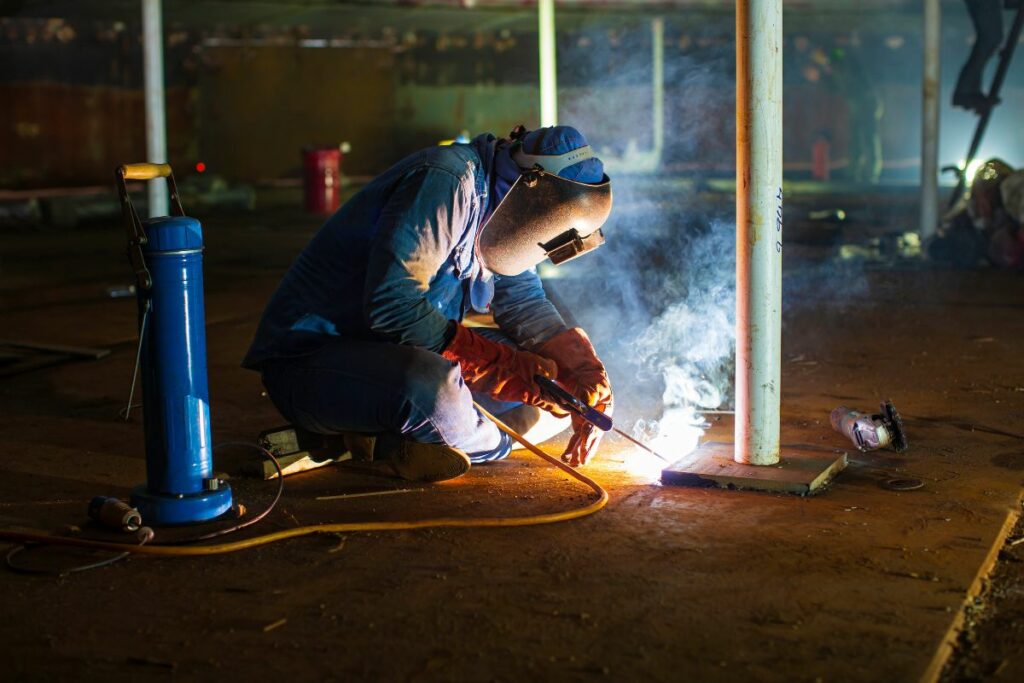
As a professional welder, you are exposed to a variety of health hazards, including intense light, ultraviolet radiation, fumes, smoke, sparks, slag, hot metal, and loud noises. To protect your health, it is important to follow safety protocols, eat a healthy diet, exercise regularly, get regular medical checkups, and take care of your specific health needs.
The most important thing you can do to protect your health as a welder is to follow all safety protocols. This includes wearing proper personal protective equipment (PPE), such as a welding helmet, respirator, gloves, and sleeves. You should also be aware of your surroundings and take steps to avoid accidents.
Eating a healthy diet is important for everyone, but it is especially important for welders. Welders need to consume enough calories and nutrients to fuel their physically demanding work. They also need to avoid foods that can dehydrate them or make them more susceptible to heatstroke.
Exercise is important for everyone, but it is especially important for welders. Welders need to have good cardiovascular health and muscular strength to perform their job safely and efficiently.
If you are new to exercise, start slowly and gradually increase the duration and intensity of your workouts over time.
It is important for welders to get regular medical checkups to monitor their health and identify any potential problems early. This is especially important for welders who are exposed to hazardous materials on the job.
Talk to your doctor about how often you should get a checkup and what tests you need. Be sure to tell your doctor about your work environment and any potential health hazards you may be exposed to.
In addition to the general health tips above, there are a few things you can do to take care of your specific health needs and protect yourself from dangers as a welder:
Maintaining your overall physical and mental health is important for everyone, but it is especially important for professional welders. By following the tips above, you can reduce your risk of health problems and enjoy a long and healthy career doing what you love. Take care and happy welding!